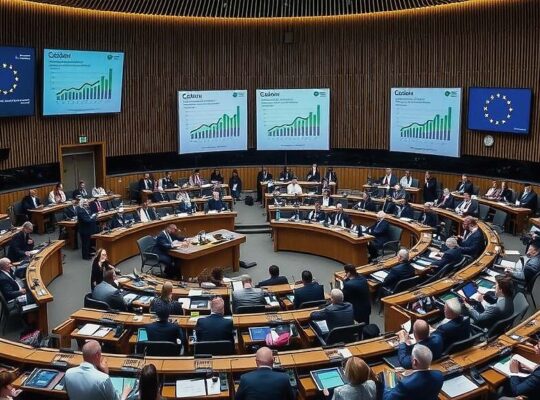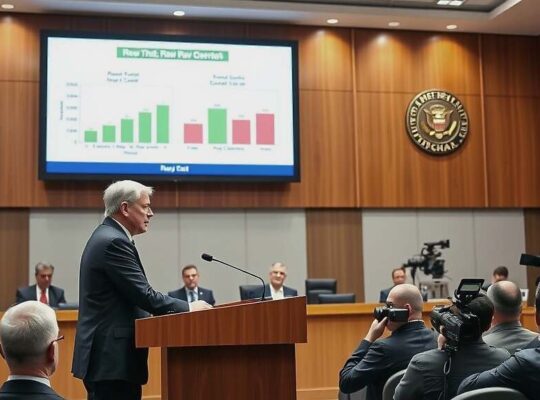Preliminary data released this week by the Federal Statistical Office (Destatis) reveals a complex and potentially concerning trend in Germany’s tourism sector. While overall overnight stays across the country remained remarkably stable throughout the first three quarters of 2025, mirroring the record levels of 2024, a deeper analysis exposes a divergence in travel patterns that highlights underlying economic and political considerations.
September 2025 saw 48.6 million overnight stays, a marginal increase of 1.0% compared to the same period last year. This seemingly positive figure is largely driven by a rise in domestic tourism, with German guests contributing 40.8 million overnight stays – a 1.4% increase. However, this growth masks a significant decline in international tourism. Overnight stays by foreign visitors plummeted by 1.2% in September, settling at 7.8 million.
The trend observed in September is mirrored across the entire first three quarters of 2025. Total overnight stays reached 387.7 million, equaling the previous high recorded in 2024. However, while domestic tourism increased by 0.6% to 323.4 million overnight stays, international visitor numbers fell by a more substantial 2.9% to 64.3 million.
Analysts are now scrutinizing these figures, attributing the decline in international arrivals to a combination of factors. Rising inflation and a comparatively weaker Euro are making Germany a more expensive destination, particularly for visitors from traditionally key markets like the United States and the UK. Furthermore, ongoing geopolitical instability – including the war in Ukraine and broader tensions in the Middle East – is undoubtedly impacting travel decisions.
The data presents a challenge for the German government and the tourism industry. While the resilience of domestic tourism is a positive sign, the substantial drop in international visitors raises concerns about the sector’s long-term economic health. Traditionally, international tourism is a vital source of revenue and employment. The decline could disproportionately affect regions heavily reliant on foreign visitors and necessitate a reassessment of Germany’s marketing strategies and visa policies to attract a more diverse range of international travelers. Some critics argue that a more proactive approach, focusing on targeted campaigns and addressing perceived barriers to entry, is needed to mitigate the potential impacts of this emerging trend and safeguard the future of German tourism.












